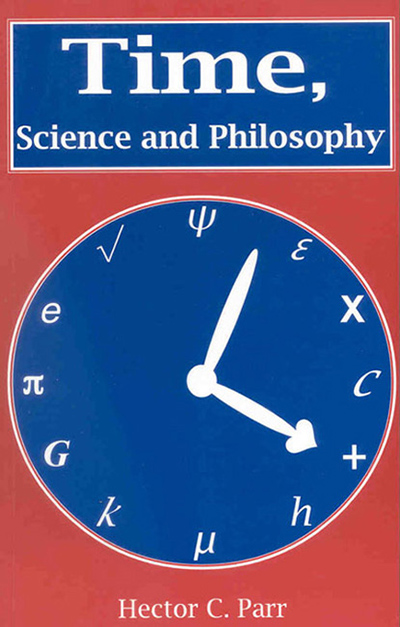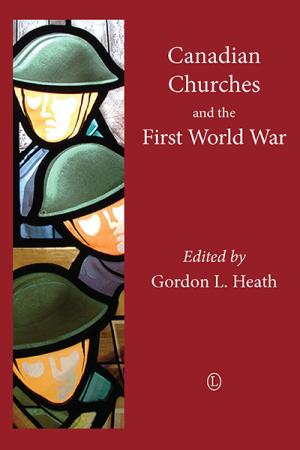Description
Now, as never before, the big questions of life – purpose, the mind, physical nature – are tied together as philosophers have to take on board the findings of scientists about the mysteries of the universe and physicists seek to explain ideas of human destiny.
All too often this crossover results in confusion being worse confounded. Professional philosophers are seldom equipped to comprehend cutting-edge scientific research, and when scientists attempt to explain their findings they mystify the ordinary reader. Yet the public remains eager to be enlightened; hence the great bestsellers that end up unread.
This book is different. Without ever reducing the text to a simplistic or patronising level, Hector Parr provides a guide to modern thought that will genuinely inform the average person and provide a basis for understanding more advanced works. He explores in detail the true nature of Time, and pursues the scientific and philosophical implications more fully than other books on the subject. He follows through the implications of seemingly abstruse fields such as particle physics for our ideas of our place in the universe and presents his own synthesis of the problems; at once scholarly, humane and challenging.
Concepts are explained simply and concisely. No assumptions are made about the reader’s education; when arguments are introduced that could baffle the non-scientist, they are clearly marked and may be skipped, but those who can follow them are encouraged to pursue the reasoning. Rather than present pre-digested results, Parr lets us accompany him in drawing conclusions from the evidence collected by researchers.
This is an elegant appraisal of matters in which we are all ultimately concerned. Succeeding where other more specialised texts fail, it will be welcomed by all who are willing to exercise their imagination and seek out the truth.
About the Author
Hector C. Parr was educated at Queen Elizabeth’s Grammar School, Darlington, and Gonville and Caius College, Cambridge. For many years he taught Mathematics and Computing. He was a Fellow of the Royal College of Organists and an audio engineer in his spare time. He died in 2018.
His website is available at: http://phmusic.co.uk/HCParr/HCP%20Index.html.
Contents
Preface
1. Philosophy and Science
Introduction – Scientific evidence – Anthropocentric argument – Evidence of the senses – Evidence of introspection – Summary
2. Man’s Place in the Universe
Astronomical numbers – Structure of the universe – History of the universe – Other worlds – Aliens – Inter-stellar travel – The significance of life
3. Time
Familiar experiences – The nature of time – The Mathematician’s time – ‘Now’ – The flow of time – The asymmetry of time – Entropy – Effects of the Universal expansion – Why time appears to flow – Summary
4. Cause and Effect
Repeatability and predictability – The space-time view – The time-asymmetry of cause and effect – The time-asymmetry of memories and records – Summary
5. Free Will
The free will argument – Determinism – The evidence of human behaviour – Random behaviour – Human behaviour: the three alternatives – Free will: the arguments in support – Free will: the third alternative – The impression of freedom – Summary
6. Human Behaviour and Morals
Praise and blame – The evolution of behaviour – The evolution of morality – Objections to the causal explanation – Respect for moral values – Summary
7. Consciousness
Brains and computers – The certainty of consciousness – How widespread is consciousness? – Consciousness and the brain – Consciousness and computers – Consciousness: features not displayed by computers – Consciousness: an explanation
8. Modern Physics
Philosophy and modern science – Relativity – Quantum theory – Philosophy of the quantum physicists – An alternative view – The quantum paradoxes – Conclusions
9. Conclusions
Philosophical thought – A new approach – Purpose – Chance – Religious belief – Conclusion
Bibliography
Index
Endorsements and Reviews
… a new viewpoint … Heavy going, perhaps, for most people? Not at all. He feels it should all be readily understood by the average intelligent reader.
Teesdale Mercury






